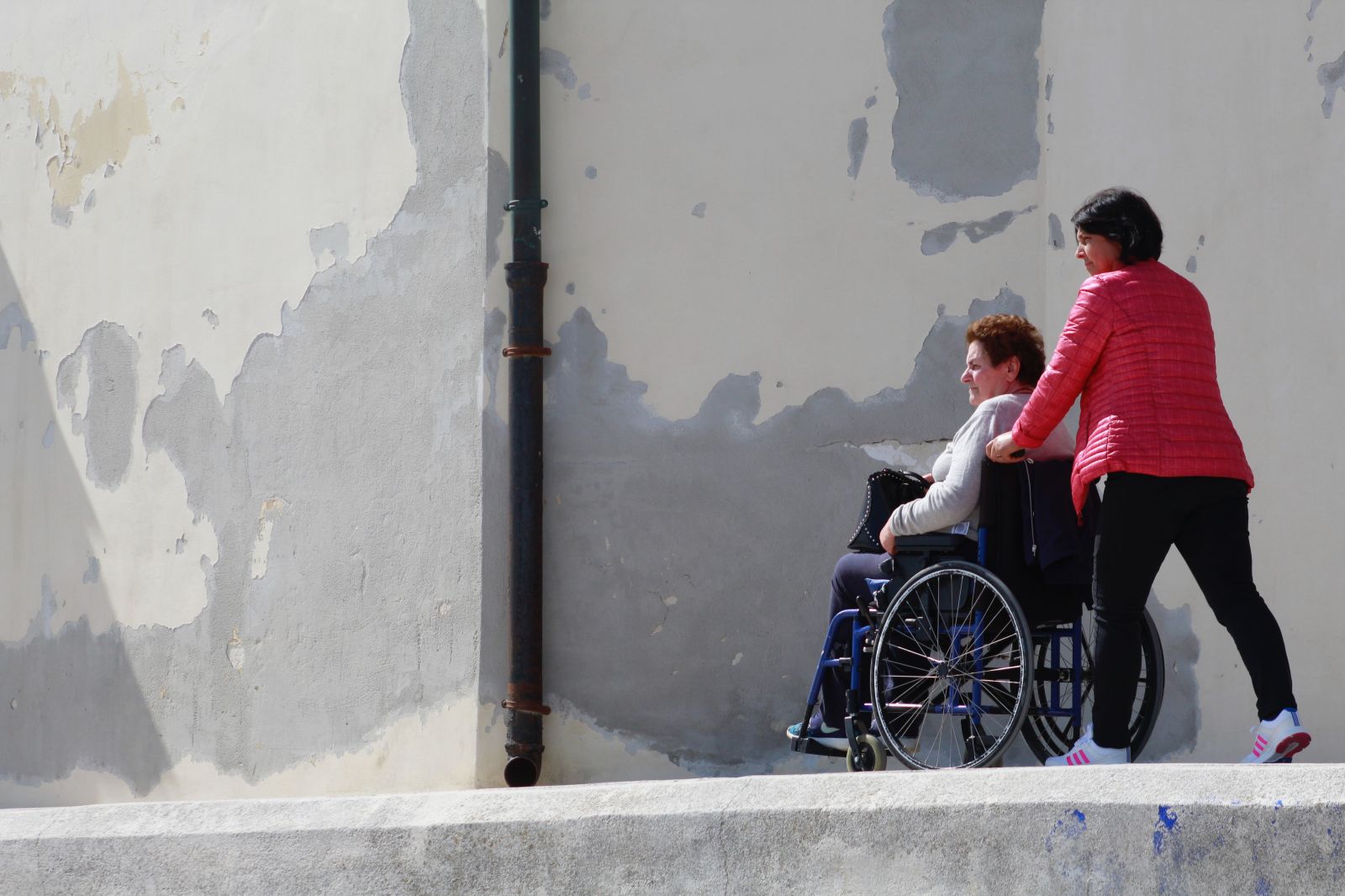Who is a carer?
A carer is someone who has taken on the unpaid role of supporting a family member or friend in various ways, while they are unable to do it themselves. The responsibility of being a carer is often unexpected, and a choice which is often made without any real time to consider the consequences on the individual's personal life. Whilst in many ways an enriching and rewarding experience, caring for another person can be immensely challenging. Not only do carers handle huge amounts of responsibility, many are affected by poverty as they have to leave work to support their loved one and suffer relationship breakdowns and social isolation as a result of their time being taken up.
Carers UK estimates that around 6 million people in the UK act as carers, whether for terminally ill relatives, friends with substance abuse problems, or anything in between.
Young carers
Young carers are children and young people who have taken on the responsibility of caring for a family member who is ill or unable to support themselves. Young carers can struggle as they tackle daily tasks such as grocery shopping, preparing meals and looking after siblings on top of the emotional strain their position puts them under. It can be very difficult for young carers as they are dealing with stresses and responsibilities not usually expected of someone so young. They may also miss out on certain experiences in their childhood, depending on the amount of care they are required to give. Their role as a carer can lead them to feel they are different from their peers, leading to feelings of isolation.
What is the impact of being a carer?
The role of carer can be very testing. You may have had to make big sacrifices in your life in order to be there for your loved one. It is important to recognise that your own life has changed significantly as well, and this will bring some amount of emotional distress as you adapt to these changes. You may worry about your own social life, work life or future. You may feel resentful towards the person you are caring for and then feel guilty for having those feelings. None of these feelings are selfish; they are natural. Do not fall into the trap of pushing your own problems aside because you aren't the one directly affected by the illness or situation.
Compassion fatigue or Secondary Traumatic Stress (STS) occurs when the carer starts to exhibit the symptoms which the person they are caring for exhibits. These may include changes in behaviour, irritability, difficulty completing tasks and feelings of hopelessness, amongst many others. If left unaddressed these can develop into mental health problems such as depression and anxiety. It is important that you take good care of your own mental, emotional and physical health if you are a carer, both for your own sake and for that of the person you are caring for. Speak to friends and family members, and consider seeing a counsellor if you could benefit from professional support.
Find a therapist with experience of supporting carers
Last updated on 29 March 2022

